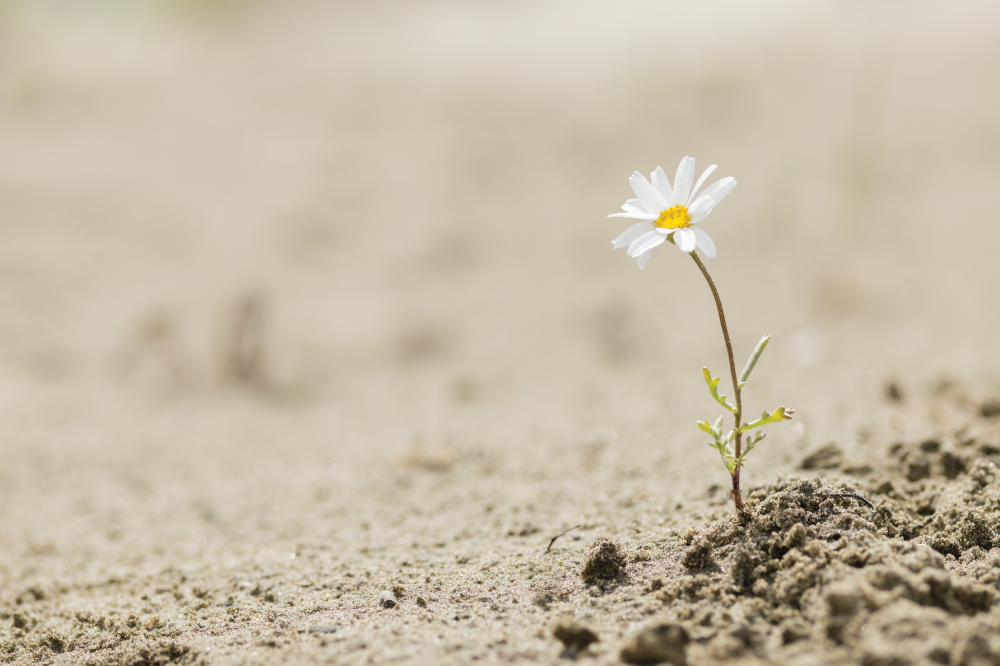
Let's rewind back to the 2019 ICMA Annual Conference where Bonnie St. John offered local government leaders insight into the five frameworks of micro-resilience, as well as “small hacks” to practice resilience throughout the day.
Prior to all of her later accomplishments, St. John was first an athlete. Despite having her right leg amputated at age five, she became the first African American ever to win medals in Winter Olympic competition, taking home a silver and two bronze medals in downhill events at the 1984 Paralympics.
She relayed the story of her time on the slope while in medal contention when an icy spot close to the finish line caused her and the other skiers to fall. She got up and skied to the finish, placing third and taking home the bronze. But after the race, she thought back to that moment and realized that while all the skiers had fallen, the gold medal winner was merely the one who had gotten up the fastest. Sometimes it’s how you bounce back that matters most. This moment—later made famous when Starbucks printed it on coffee cups worldwide—is what inspired St. John to examine the concept of resilience.
Resilience in Action
She asked attendees to consider how resilience is even more crucial for those working in local government. “Your communities will face crises and disasters left and right, but it’s all about getting back up and getting back to life. You and your team have to be able to get back up to serve your residents.”
Her time spent competing in the Paralympics taught her a lot about life and making the most of the situation and resources available to you. She explained that the Paralympics is about not waiting for a sport to be designed for you in order to be world class. “You’re working with what is. It doesn’t matter what your advantages or disadvantages are; you play the game.” She went on to say, “In local government, you don’t always have all the money or resources you need. There will always be challenges. Play with what you’ve got.”
Moments of Recovery
In studying resilience, St. John worked with a researcher who was examining the habits of tennis players to see what commonalities existed between the highest-ranking players. He discovered that it was what they did between points that set them apart. In that 20 seconds of rest, elite players would take a moment to refocus and recenter, and have specific, rehearsed self-talk that would help them mentally move past the last point—despite whether it was won or lost. Those moments of recovery were crucial.
Likewise, St. John believes that resiliency is the meta skill that helps you play you’re A game all the time. We should be taking time for little recoveries throughout the day. She and many others have found that this practice of micro-resiliency is much sustainable in the long term.
Five Frameworks for Micro-Resiliency
She touched on each of her five frameworks for micro-resiliency:
- Refocus your brain
- Reset your primitive alarms
- Reframe your attitude
- Refresh your body
- Renew your spirit
Reset Your Primitive Alarms
St. John drilled down into the second framework, the importance of resetting your primitive alarms, which she explained as our “caveman or cavewoman reaction” to stressful moments. Our brains are designed to have a slow, relaxed response to positive situations and an urgent, fast response to negative situations. Those adrenaline-fueled times of “fight or flight” wreak havoc on our focus, problem-solving, decision-making, and creativity, as well as cause us physical exhaustion. St. John recommends that we examine our emotional triggers to attempt to reset our immediate reactions. Humans can change how our brains interpret a situation to then have a better response to the situation. Something as simple as labeling emotions as we’re experiencing them can help us define, organize, and sort through what we’re feeling. While you take that second to label it, you’re psychologically taking a step back, as if looking at a painting, and then you can decide what to do in a more rational, logical manner.
Communities of Champions
In conclusion, St. John spoke fondly of her past mentor Warren Witherall, a hall of fame snow skier and water skier who helped train hundreds of champion skiers over the years. She asked him, “How did you create so many champions?” And he responded, “I never built champions one at a time; I created communities of champions. You can only push one person so far, but when you have a group of people, they pick each other up, push each other, and support one other, so everyone achieves more.”
She reflected that message back to the audience, saying, “As local government leaders, you’re all building communities of champions, literally.” She recommended that local goverment leaders use the tools of micro-resilience to help their staff continue to effectively build those communities now and in the future.
New, Reduced Membership Dues
A new, reduced dues rate is available for CAOs/ACAOs, along with additional discounts for those in smaller communities, has been implemented. Learn more and be sure to join or renew today!
